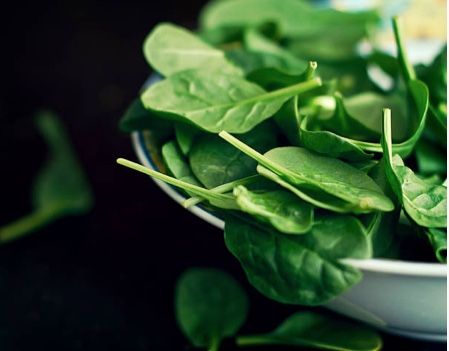I am always on the lookout for foods I can add to my dogs’ diets to make them healthier.
Why is gut health so important?
70% of your dogs’ immune system resides in the gut. With more and more dogs suffering from allergies, auto-immune disease and cancer, let's explore foods we can feed on a daily basis to support gut health.
Instead of capsules, my preference is to feed probiotic-rich whole foods. Billions of live cultures are still alive in these foods and will survive the passage through the stomach before colonising in the gut.
1. Bone Broth
Feeding our dogs should not be complicated. The simplest way I found to support gut health is by feeding bone broth. Packed with gut healing properties that help maintain the correct amount of mucus in the gut lining, reduce inflammation and stimulate production of stomach acids which help break down foods. If making your own bone broth is not your thing, the only commercial bone broth I was able to find that had the same quality as homemade bone broth is from Kettle and Fire. Australians can buy Kettle and Fire bone broth from iherb. It is super gelatinous and the richest bone broth I have been able to find. It is also made from grass-fed and grass-finished bones.
2. feed low lectin foods
We have all heard of how bad gluten is. But did you know that lectin can contribute to the overgrowth of bad gut bacteria? Gluten is in fact a lectin. Lectins are anti-nutrients and can have a detrimental effect on your dog's gut microbiome. Lectins have also been linked to auto immune disease in humans - IBS, colitis and arthritis. Feeding too many high lectin foods can cause an imbalance in the gut bacteria.
So what are low lectin foods?
Leafy greens, cruciferous vegetables, olives.
What are high lectin foods?
Dairy, grains, legumes (soy), eggplants, night shade vegetables (tomatoes, potatoes)
3. Fermented foods
Kefir, water kefir, coconut yogurt, sauerkraut
4. Meat from grass-fed, free range animals
Switch from conventional raised meat from stressed factory-raised animals to grass fed meat. Grass fed meat is not as hard on dog's gut because it is rich in omega 3s which lowers inflammation. Conventional raised animals is fed a diet of grains. These grains can be detrimental on your dog's gut.
Be scrupulous in sourcing meats. On your next shopping trip become familiar with the terms organic, grass-fed and finished, cage-free, free-range and pasteur-raised. If you are buying beef it should be grass-fed and grass finished, if you’re buying chicken and pork, it should be pasteur-raised. Organic meats could still come from animals fed a grain and corn-based diet. Pasteur-raised animals consume some feed and lots of grass, bug, worms and anything else they find in the outdoors.
Overuse of hormones and antibiotics is a big issue in animal agriculture . Even if you avoid giving your dogs antibiotics, it is in the meats your dogs eat.
5. Coconut oil
The saturated fats in coconut oil has anti-microbial and anti fungal properties which can help balance gut bacteria. And if coconut oil is taken at the same time as omega 3s (oily fish, leafy greens, chia seeds) it can make them twice as effective.






